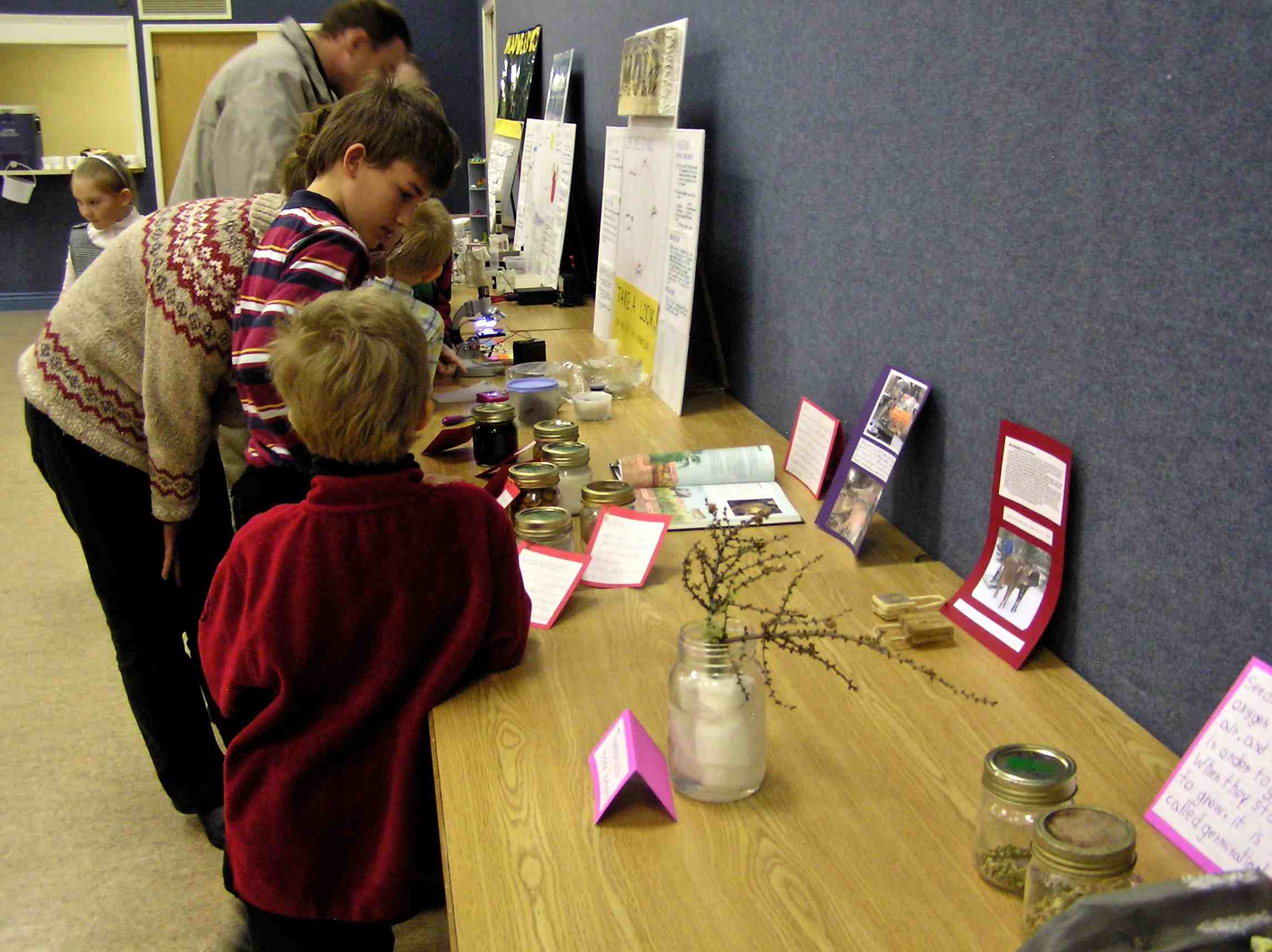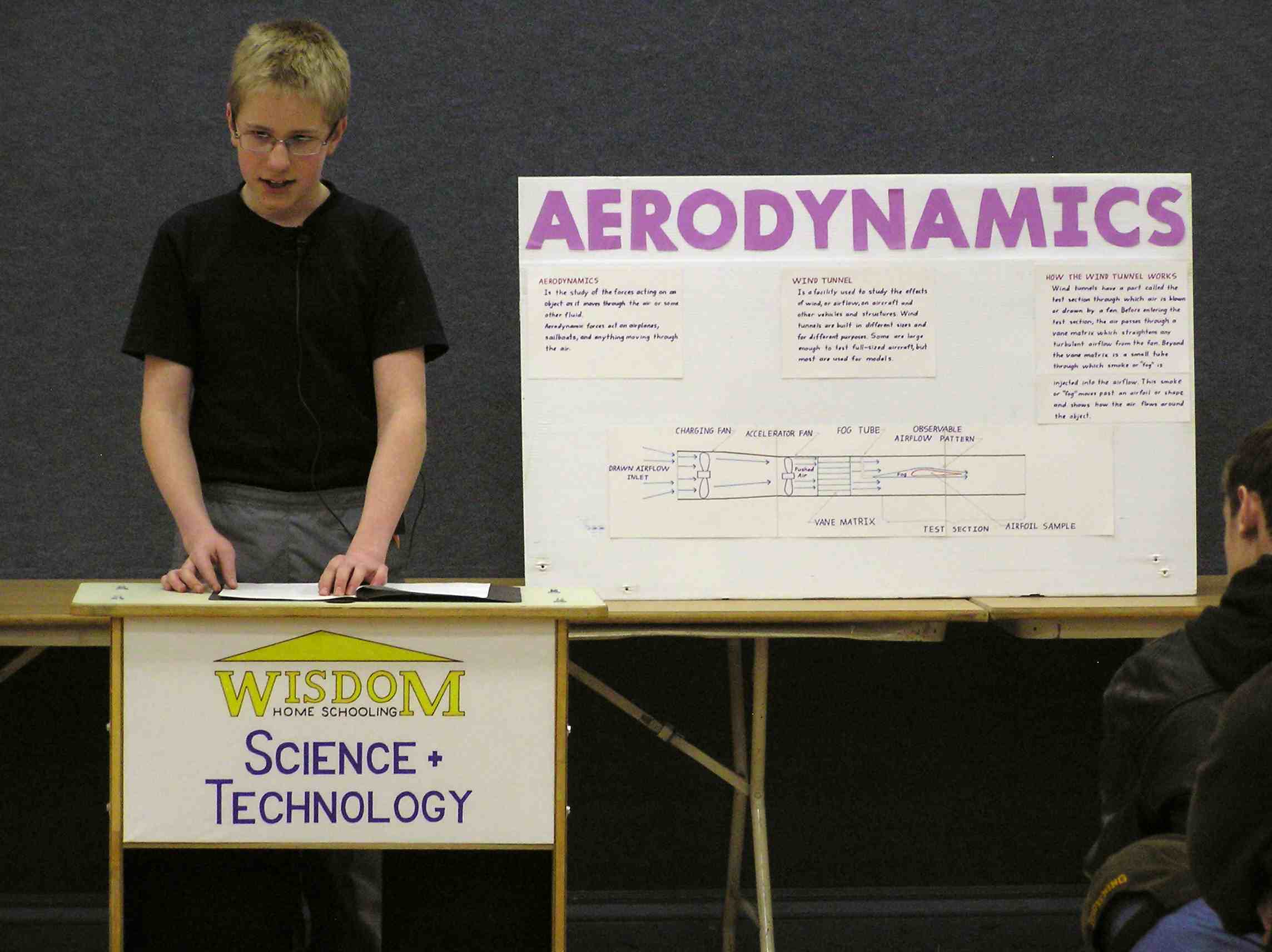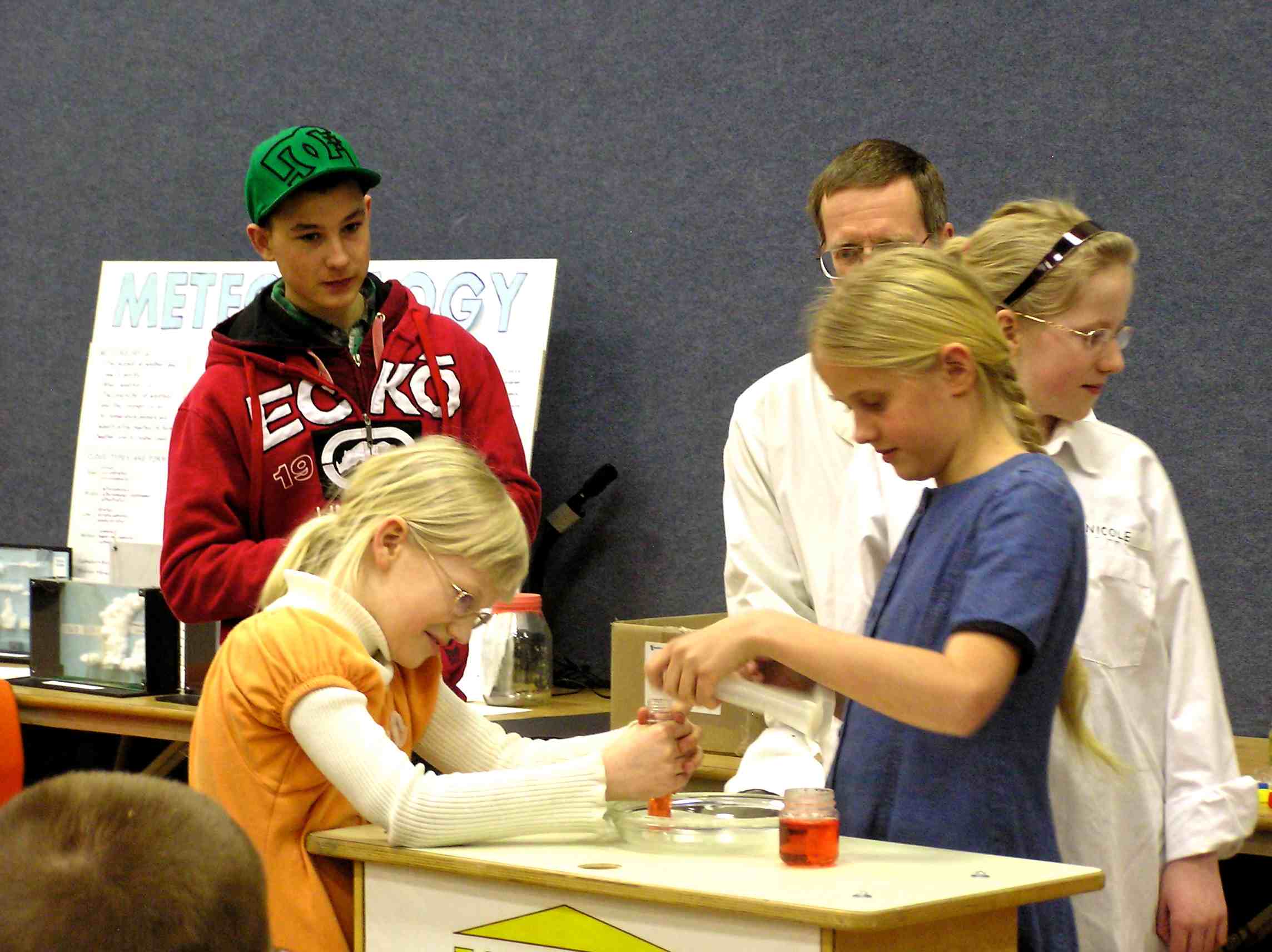Articles
There exists constant pressure in our society to adapt to a way of thinking. Webster’s dictionary defines ‘adapt’ as “to modify (oneself) to conform to a circumstance or environment” or alternatively “to become adjusted to a circumstance or environment.” When studying and researching in the sciences, the student will eventually (if not immediately) encounter the evolution perspective. Whether it is biology, geology or astronomy, the processes of evolution will be applied to living and non-living objects. When something evolves, it is believed to have changed from a less complex form to a higher order of complexity. Ignoring this perspective will not make it disappear. But remember… it is only a perspective.Webster’s dictionary describes evolution as a doctrine. Yes, a doctrine!
I would venture to say that most people have enough interest in robots that they would give a few moments of their time to allow themselves the amusement of watching robots in action. Beyond this, I have observed that fewer people actually have enough interest in robots to wrestle with how they work and to learn what their abilities and their limitations are. I think that there also exists a middle-ground camp of those who imagine that they might have an interest in robots but they are just not sure of ‘where to start’.
Summer is a wonderful time for getting out to play and to explore the wonderful handiwork of God’s creation. Even though many of you suspend your formal homeschool studies during this time, I encourage you to use the summer for building greater momentum in your science program.
When people seek more information about the science and technology event, one of the first questions that I hear – with a tone of apprehension in their voice – is: “Is this a science fair?” The answer I give is “no” – to which I hear a sigh of relief.
Here is a summary of information that should be helpful to those who want to participate in the WISDOM Homeschooling Science and Technology events:
The event is NOT a competition. There will be no ‘judges’ and there are no prizes. Rather, this is an opportunity for a student or family to summarize their course of study in an area of science and/or technology. No one should feel as though someone else has a ‘better’ topic. Rather, this is an opportunity to share YOUR learning with others. Thereby, everyone can benefit by being exposed to a greater variety of topics that might not be achievable on one’s own.
My parents began homeschooling me in grade 1, but I'm sure they never thought at the time that they would continue to do so right up until high school. We took a rather eclectic approach, which means that we drew resources from various places and put together our own curriculum to meet our (my) needs. It worked very well for us, but as I neared high school, my parents began to feel a certain amount of apprehension. Were they doing the right thing? Personally, I was very excited about homeschooling through high school, and told my parents that this was what I wanted to do. We discussed together what I wanted to study before I graduated, and although my parents had their own requirements I had to fulfill, I was able to direct my own education to certain extent. Because what we'd been doing so far had been working for us, it only made sense to continue in that way.
 A serious golfer, when his game starts going out of control, immediately reflects on the basics of the game and then focuses on himself and disciplines his mind, body and will in order to correct any bad habits that may be causing the downfall of his game. He may even ask help from a friend and make himself accountable to this person help him carry out a set plan for improving.
A serious golfer, when his game starts going out of control, immediately reflects on the basics of the game and then focuses on himself and disciplines his mind, body and will in order to correct any bad habits that may be causing the downfall of his game. He may even ask help from a friend and make himself accountable to this person help him carry out a set plan for improving.
We live in hectic times, and Christians are not immune. When we realize our life is starting to get out of control, we should do no less than a serious golfer. We also should immediately go back to the basics of Christian living. Then we must take charge of our thinking, and exercise our will to change or break any bad habits, form good habits and limit our wants.
When a nun complained to Mother Teresa about not having enough time to care for all her patients, Mother Teresa responded by saying that means you must spend more time praying....
G.K. Chesterton, the great Christian writer of the early 20th century, said, “anything worth doing is worth doing poorly.” This statement is the antidote for so much of what ails our culture, and specifically our home schooling. Reluctant to start until we are well prepared, and reluctant to stop until we are absolutely finished, we can find ourselves controlled by inertia.
Inertia: the property of matter by which it retains its state of rest or its velocity.... Inertia is that force that causes us to stay put, to avoid getting up in the morning, or filing our income tax, or cleaning the bathroom. Inertia also is the force that keeps us going once we have begun.
Let’s look at the inertia that keeps us going once we have begun.
Sometimes this question comes hard because we lack a context.
Are we talking about our student compared to other students his age? Are we addressing his particular talents and questioning whether he has buried them or multiplied them? Are we asking the question relative to some other standard - if so, what?
Let’s consider measuring success by comparison with other students his age. Before I go any further, please let me assert that in a tutorial context (home schooling) this is the least valuable approach to student evaluation. However, this is the type of evaluation we grew up with, it is the criterion our child (even if he didn’t ever attend school) is very familiar with, and it is possible that it is the primary means by which he views his progress. Realistically, for much of our population, this is the only means by which success, personal value, even life choices are measured, valid or not. A form of relativism, the flaw is evident.
When I completed high school I received an armful of awards that meant nothing. I’m not being humble here; it’s a fact. I received the award for the highest overall average in my graduating class. I also received the Science award and the Math award. This all sounds impressive until you compare my marks with the graduating class three years prior. That particular class was loaded with high academic achievers, many of whom rightfully scored very well in their final grades. Had I been among that class, I would have received not a single award. What’s more, I wouldn’t have seemed very good at the non-academic activities either, for the class three years ahead of me also shone in sports, debate, and public speaking.
Scripture tells us it is unwise to compare ourselves with each other (2Cor 10:12), and wisdom of the ages agrees (the grass is always greener on the other side of the fence); yet we persist. The same circumstances that saw me win all kinds of honour in grade 12 also define achievement - and its lack - in the lives of many people. Students who compare themselves to others will be discontented and frustrated or they will become puffed up, possibly complacent. In any event, their self-concept will be flawed.... (continued by clicking on the link)
Eye On Curriculum
FEATURED PROGRAM:
EXCELLENCE IN WRITING
1-877-825-7414
www.excellentresources.net
For some reason, teaching writing is or has been perceived to be an arduous and formidable task for most. I recall, with dread, introducing my classroom students to the Writing Process - a nebulous construct that was meaningless and impractical for many students. Planning (mapping), prewriting, revising, editing, and finalizing the draft seemed to be a logical and systematic approach, but unfortunately it lacked the elements of a scheme or strategy a child could easily follow without constant supervision and continual qualification. Will the frustration ever end?



